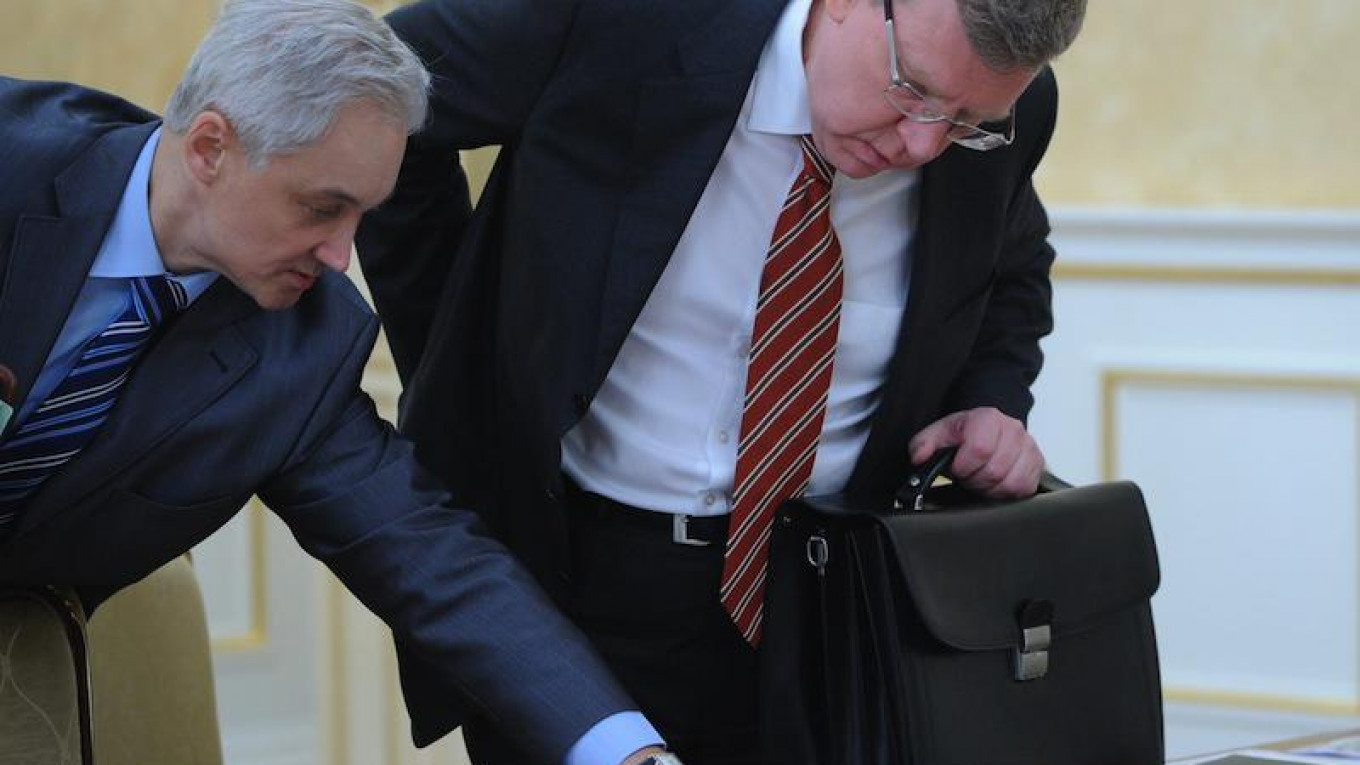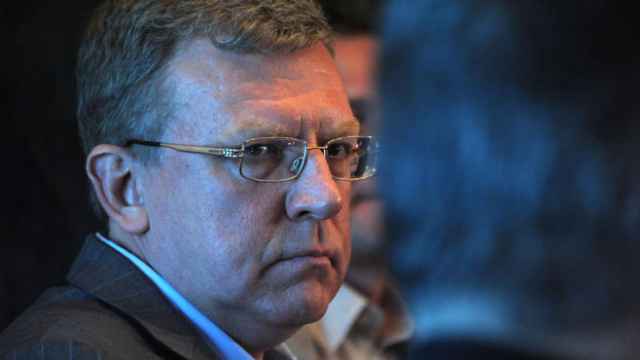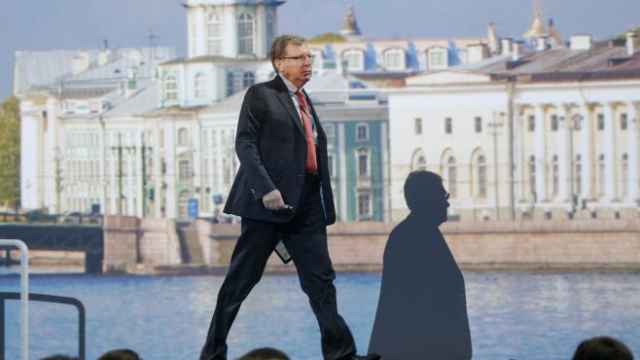Presidential advisor Andrei Belousov is to prepare a new medium-term growth strategy program for the Russian economy, offering a new alternative to plans set forward by former Finance Minister Alexei Kudrin.
Belousov's new strategy will be based on a report by the Stolypin Club: a think-tank headed by business ombudsman Boris Titov.
Released in March 2016, the Stolypin Club report advised the Russian government to increase investment and boosts the economy with the help of budgetary funds and a contribution from the Central Bank of 1.5 trillion rubles ($23 billion).
Those proposals were in stark contrast to those set forward by the Center for Strategic Research (CSR), headed by former Finance Minister Alexei Kudrin. Kudrin's group believes that a more favorable business environment must be created in order to attract investment, arguing that authorities must implement reforms, provide macroeconomic stability, lower inflation, and reduce the budget deficit.
The CSR believes that Russia needs time for the economy to get going. Kudrin is arguing that authorities should work toward moderate growth in the short term and create the necessary conditions for building greater economic momentum in the future. By contrast, Belousov believes the economy could accelerate by up 4 percent annually after 2018 if officials give companies the proper incentive to invest their savings. He supports a number of the Stolypin's Club's proposals, such as increasing project financing at low interest rates.
While both Kudrin's and the Stolypin Club's economic strategies were discussed by the inter-agency group for economic growth back in April, Kudrin’s concept initially won out. According to several federal officials, the Stolypin Club proposal stalled when Putin mentioned the importance of providing macroeconomic stability in a speech before the International Economic Forum in St. Petersburg. A number of government officials decided that the president's comments had effectively ended all debate between the two concepts.
The government, Finance Ministry officials, and Central Bank representatives were all opposed the monetarist incentives that the Stolypin Club proposed, said one member of the inter-agency group.
After being given the go-ahead by Putin himself, business ombudsman Boris Titov hopes that the work of the Stolypin Club will now continue. “Russia must do everything in its power to avoid stagnation,” Titov said. “This is an alternative to the concept dominating in the government.” In addition to monetary incentives, the Stolypin Club strategy will include proposals for reforms to the judicial system, law enforcement, tax and customs policies, he said.
The president's latest moves shows the desire to create a counterbalance to Kudrin and the CSR, said one senior official. “He [Kudrin] thought he would formulate the president’s economic agenda single-handedly, but this shows that there will be different approaches,” the official said.
A system of counterbalances works in Putin's favor as the struggle for influence over the president increases as elections draw near, explained Yevgeny Minchenko, head of Minchenko Consulting. A number of individuals are contending for Putin’s support: including Belousov, whose political clout has increased in recent years, said Minchenko.
As well as the tantalizing prospect of landing in Putin's good graces, three officials close to Belousov also said that the former Economic Development Minister was unhappy over Kudrin’s increased influence and rumors of his possible return to office.
Whether Belousov's
proposals will even be in serious contention is another matter
entirely. Suggestions made by the Stolypin Club to actively stimulate
the economy could lead to rapid inflation and exchange rate
volatility, said BCS senior economist Vladimir Tikhomirov. Kudrin’s
approach will ultimately prevail not because programs such as those
suggested by Belousov are ineffective in an open economy, or because
Kudrin is more influential, but simply because Putin shares Kudrin's
views, Tikhomirov said.
This piece is an adaptation of an article which originally appeared in Vedomosti on July 25, 2016.
A Message from The Moscow Times:
Dear readers,
We are facing unprecedented challenges. Russia's Prosecutor General's Office has designated The Moscow Times as an "undesirable" organization, criminalizing our work and putting our staff at risk of prosecution. This follows our earlier unjust labeling as a "foreign agent."
These actions are direct attempts to silence independent journalism in Russia. The authorities claim our work "discredits the decisions of the Russian leadership." We see things differently: we strive to provide accurate, unbiased reporting on Russia.
We, the journalists of The Moscow Times, refuse to be silenced. But to continue our work, we need your help.
Your support, no matter how small, makes a world of difference. If you can, please support us monthly starting from just $2. It's quick to set up, and every contribution makes a significant impact.
By supporting The Moscow Times, you're defending open, independent journalism in the face of repression. Thank you for standing with us.
Remind me later.






